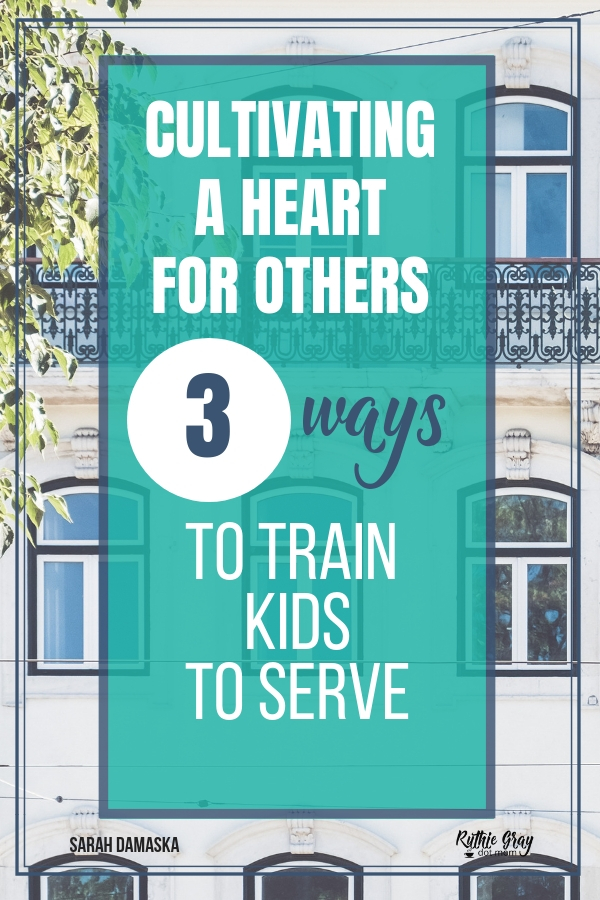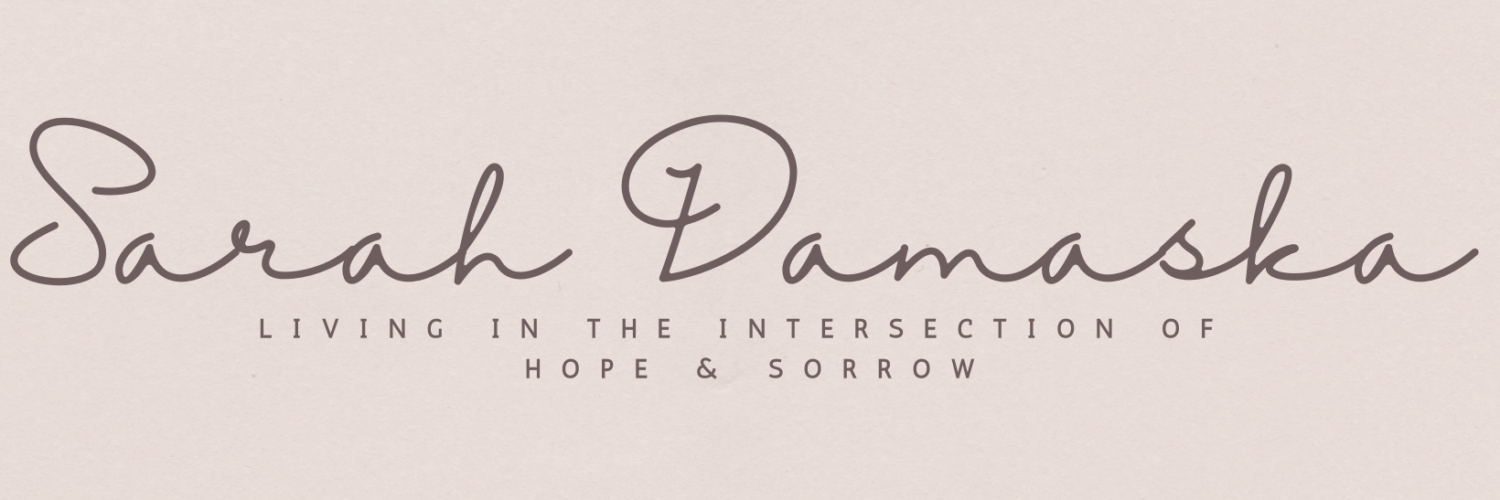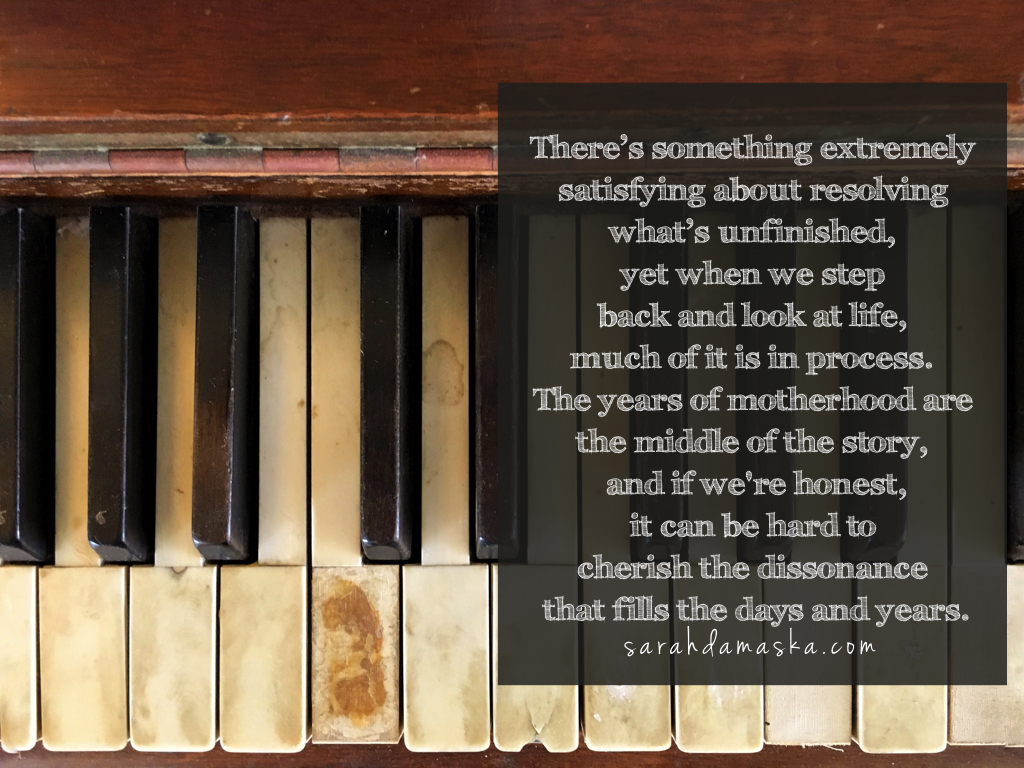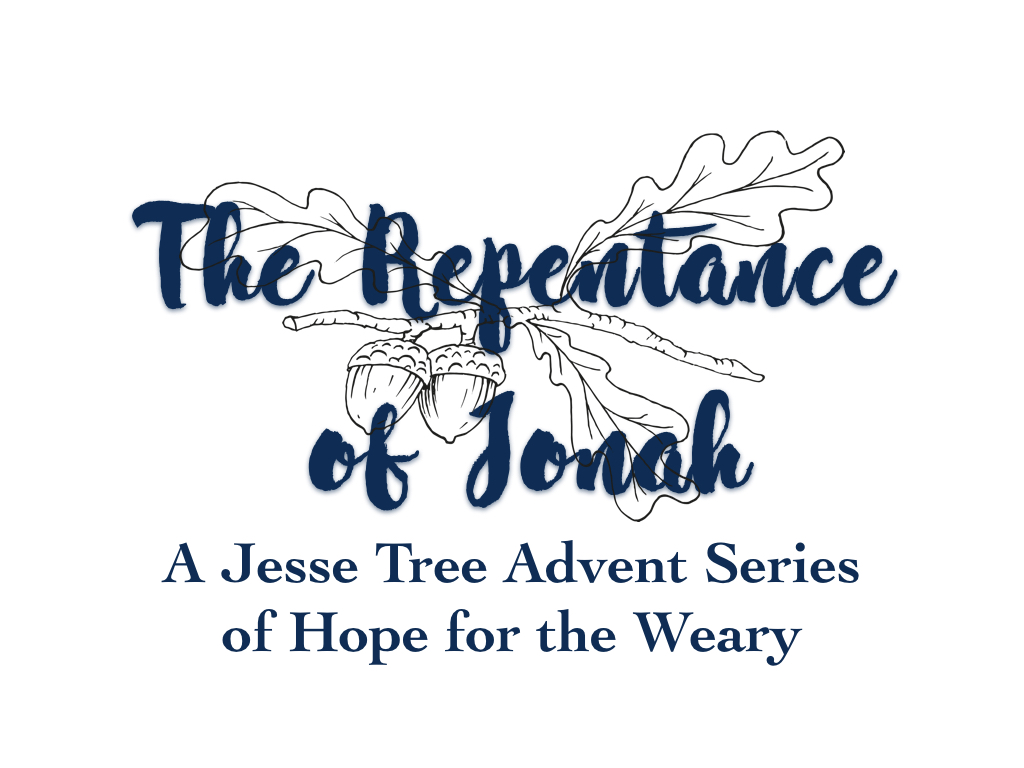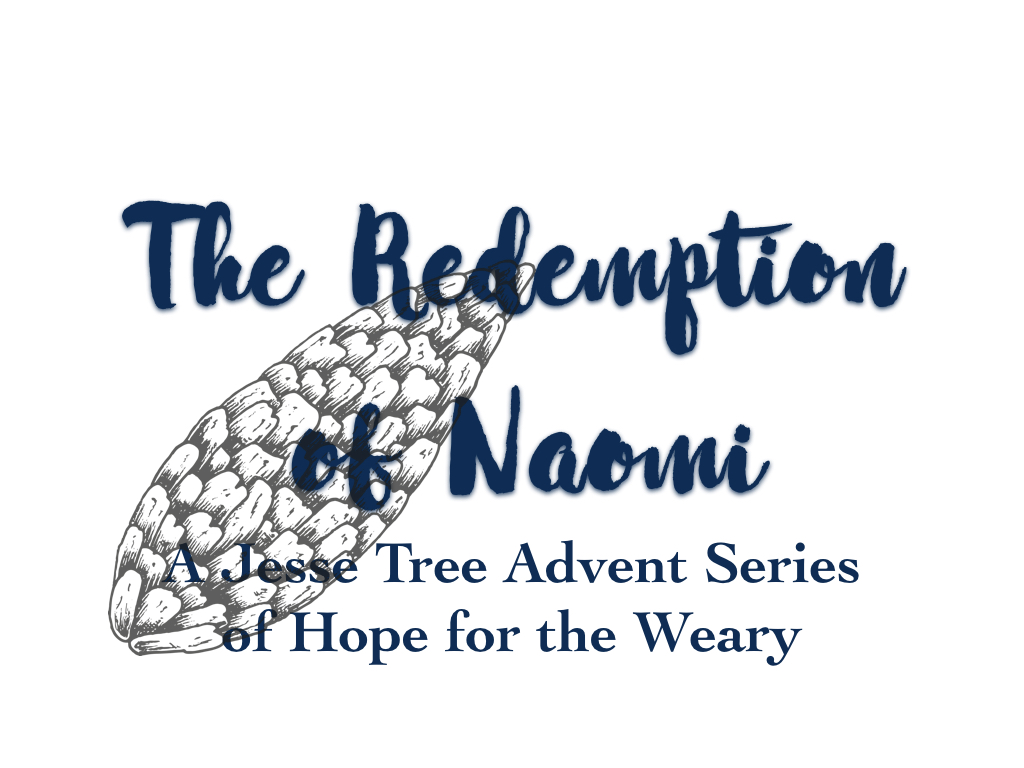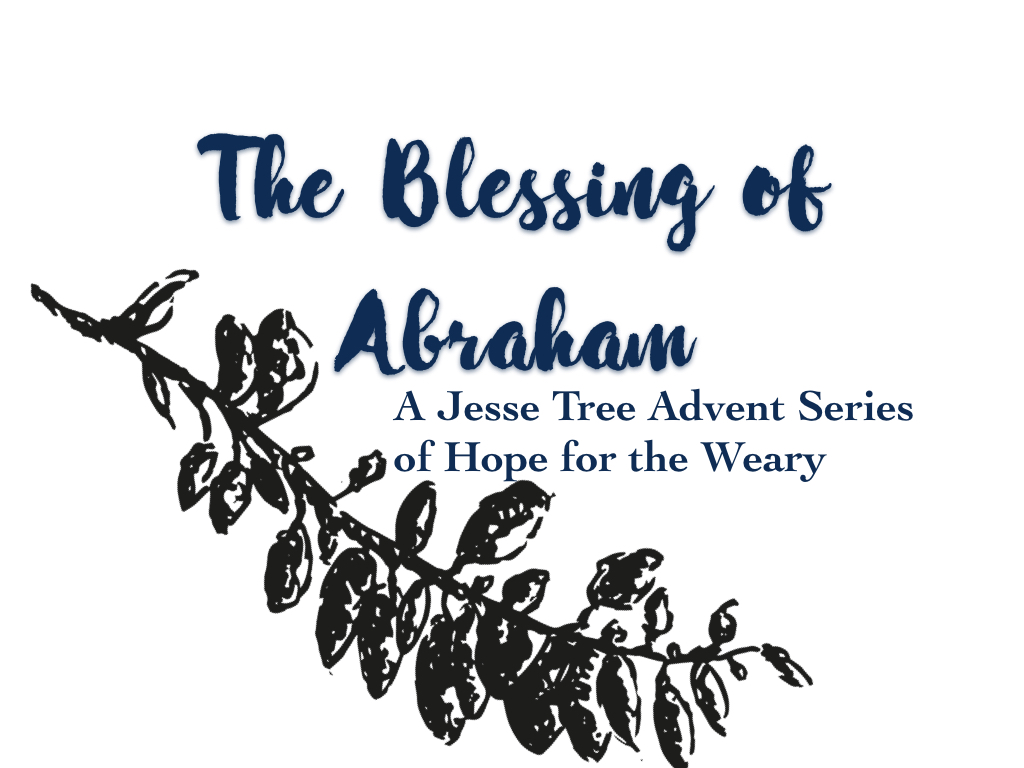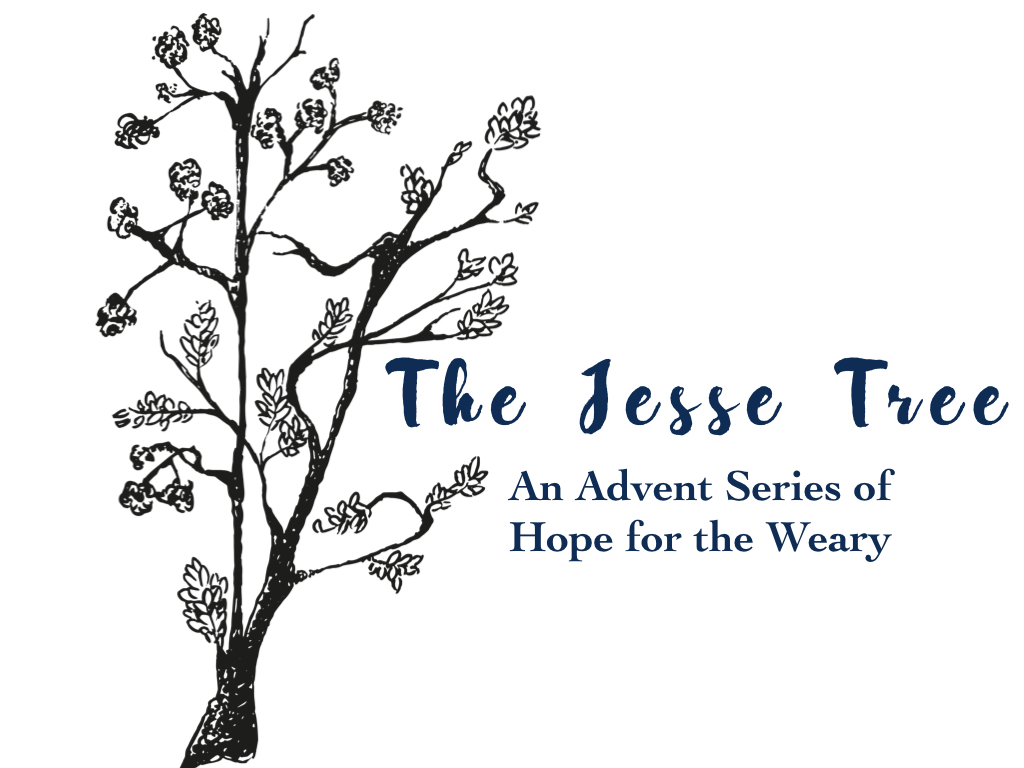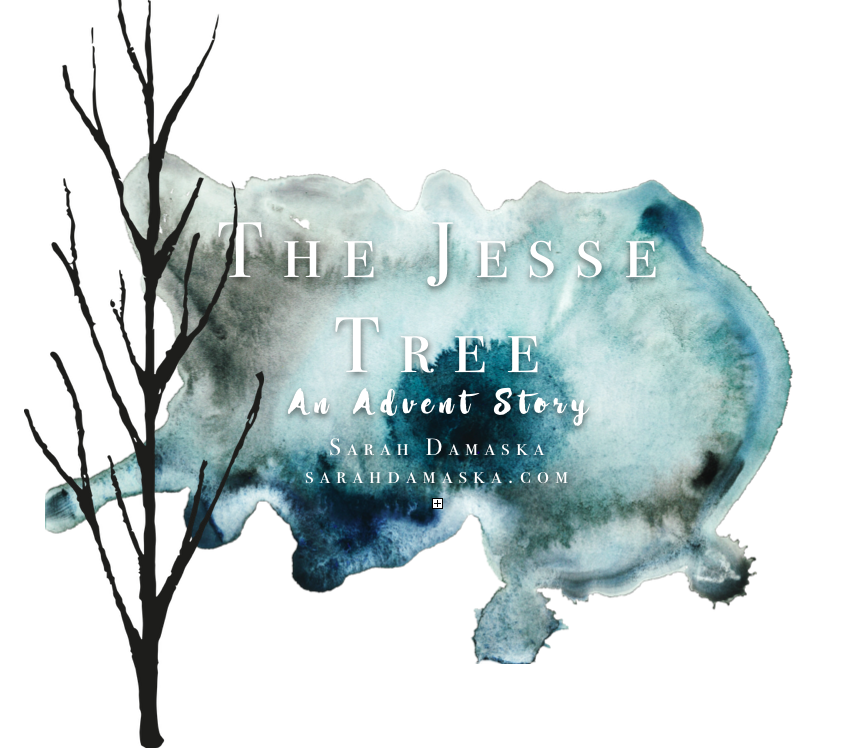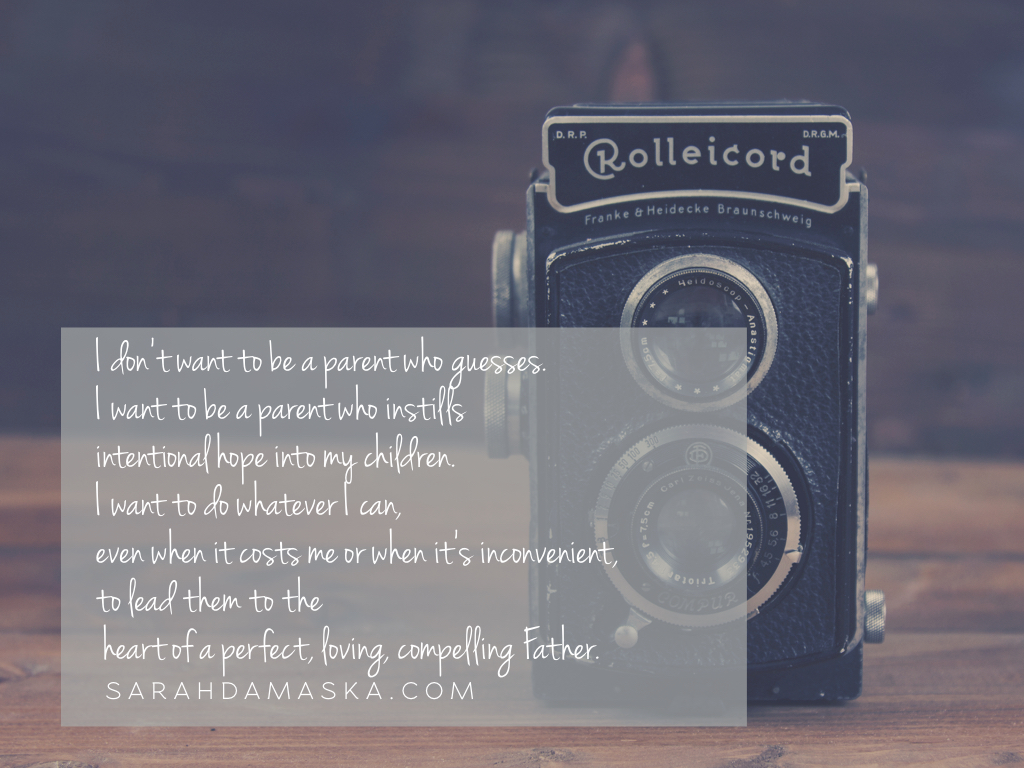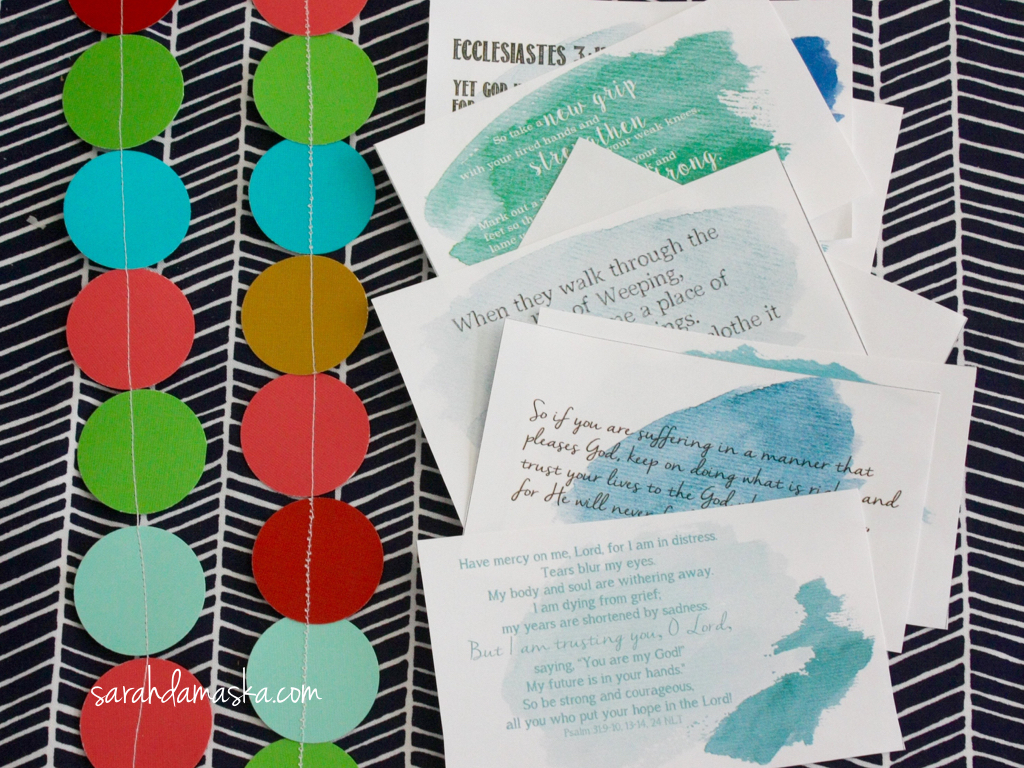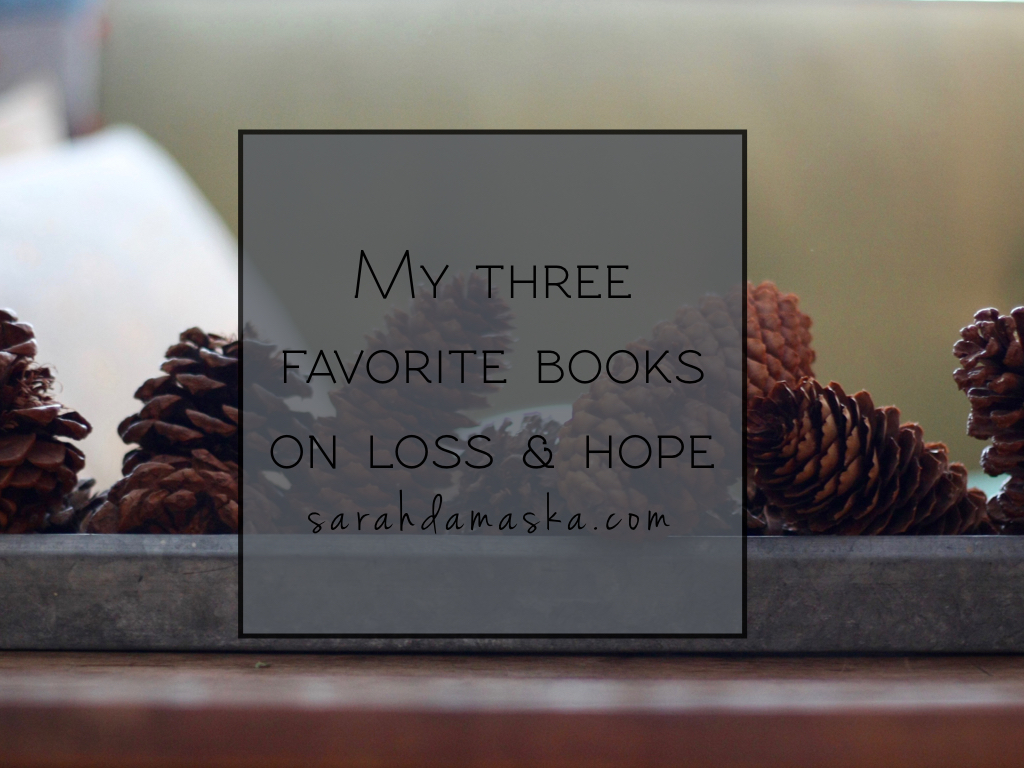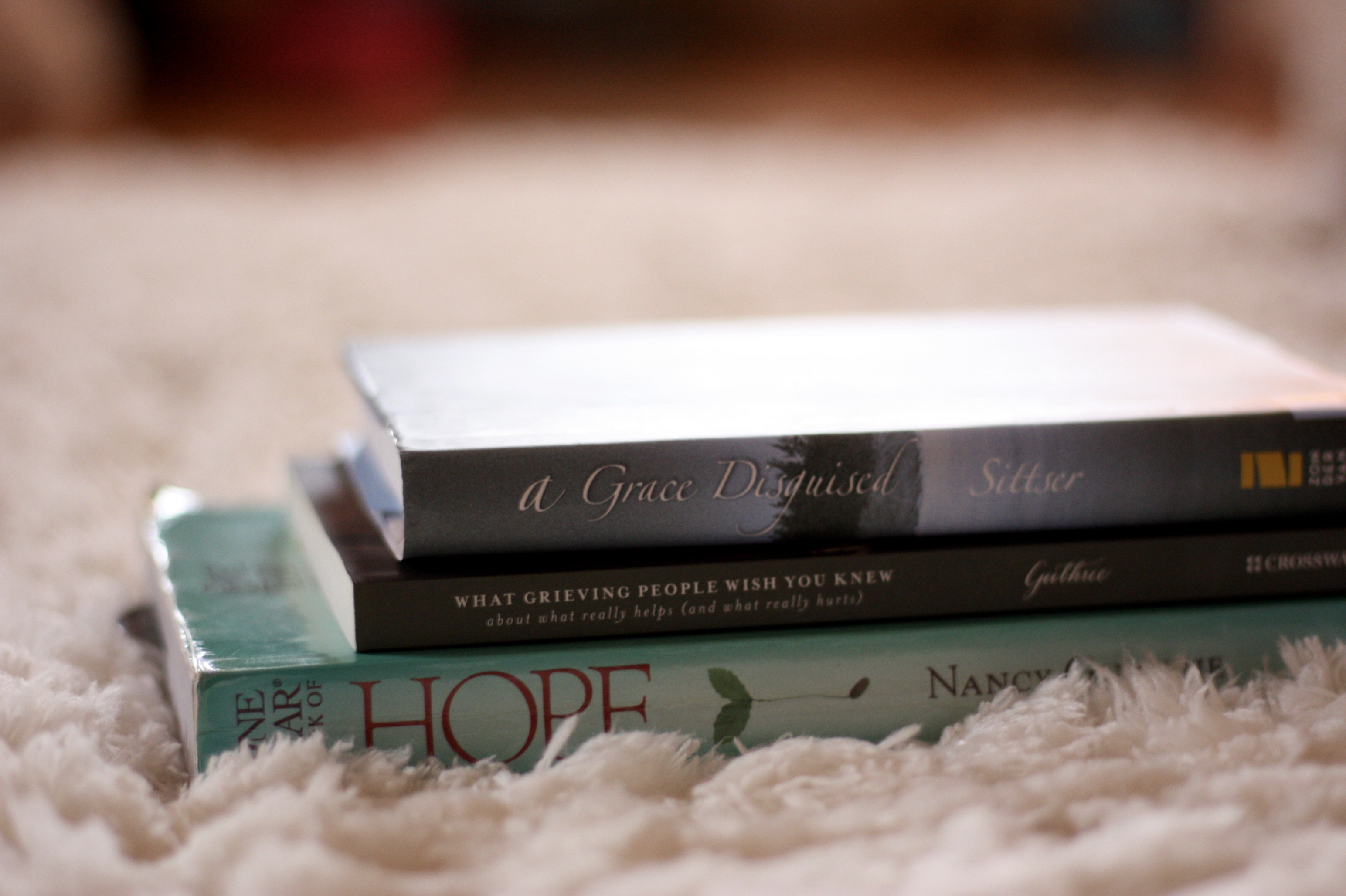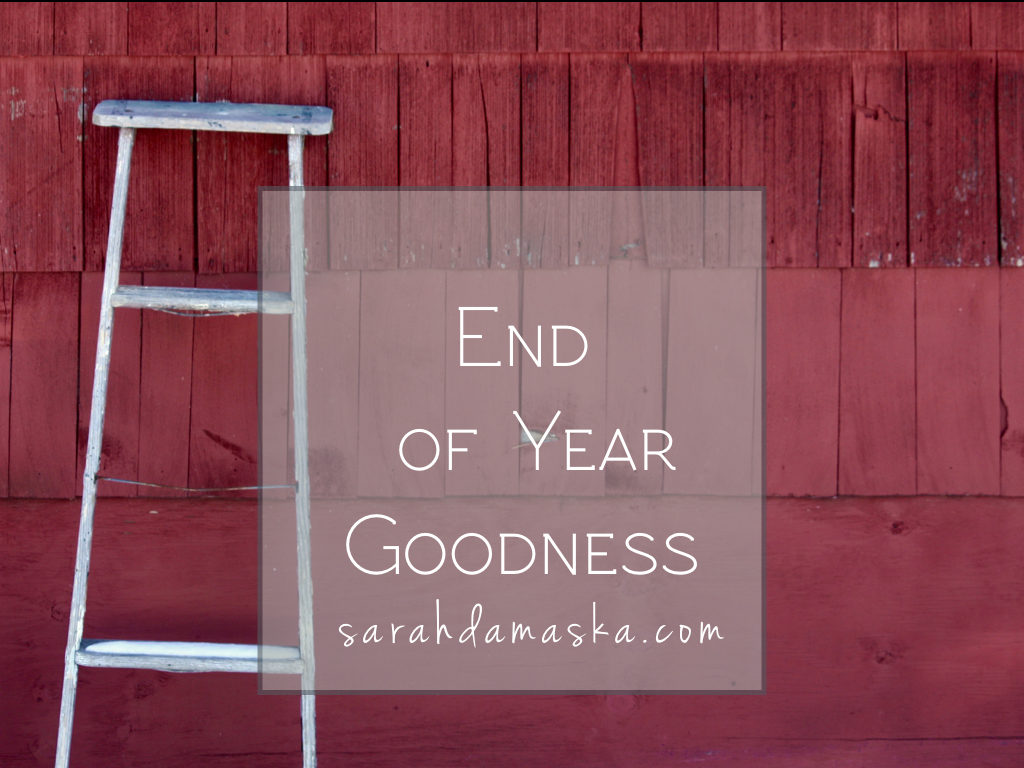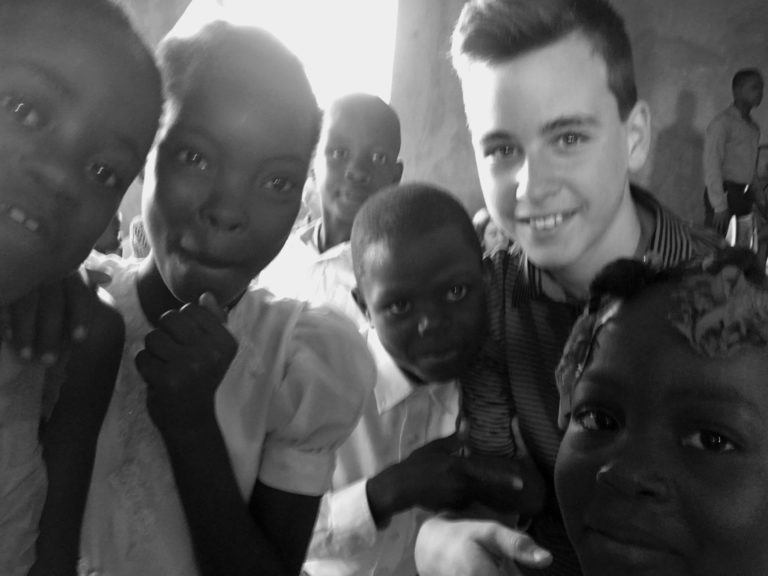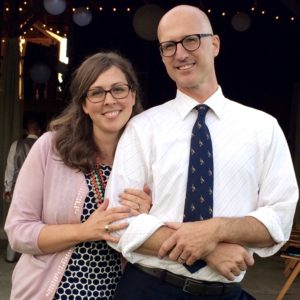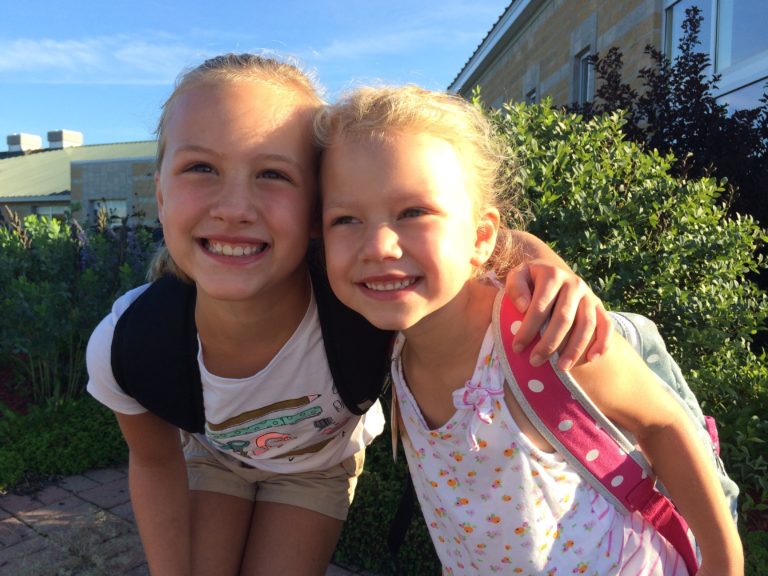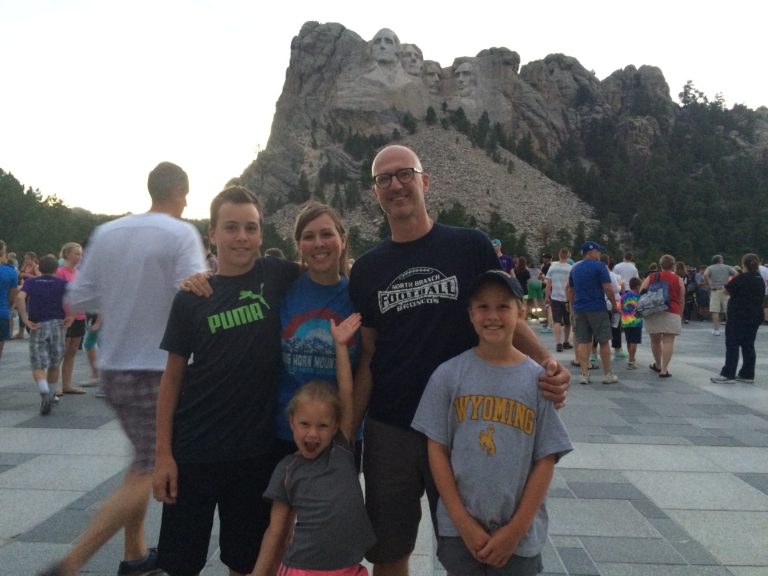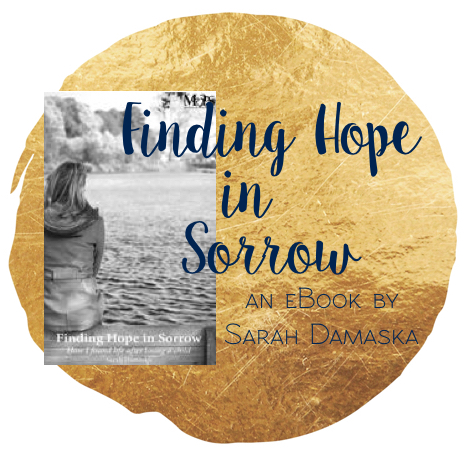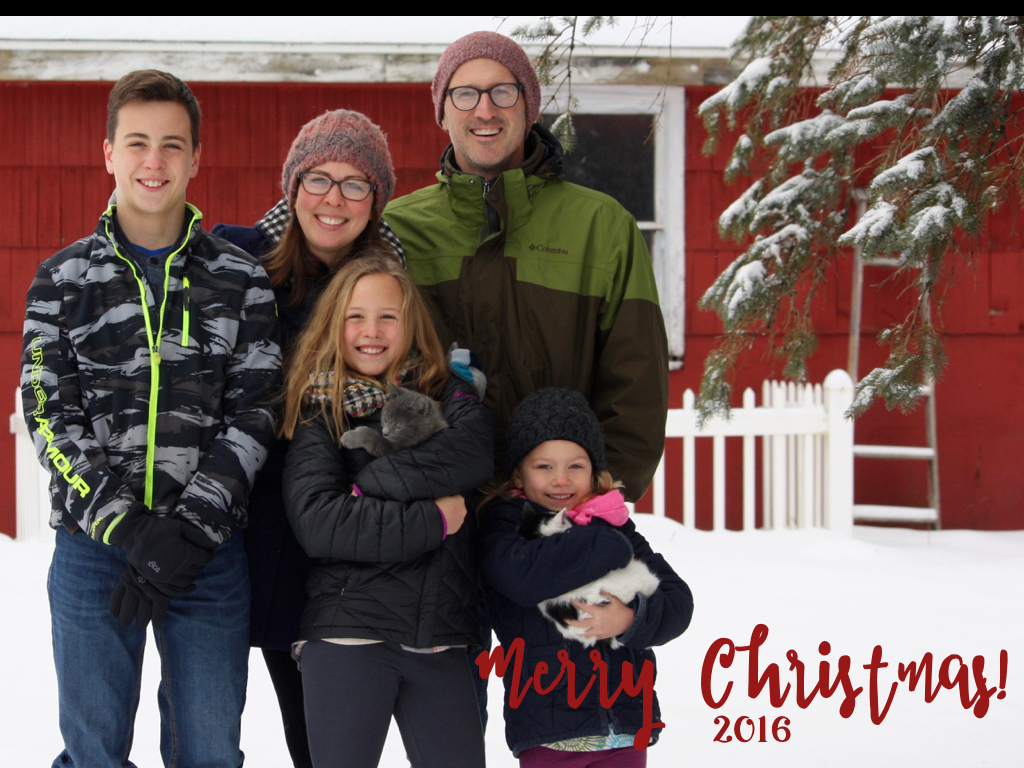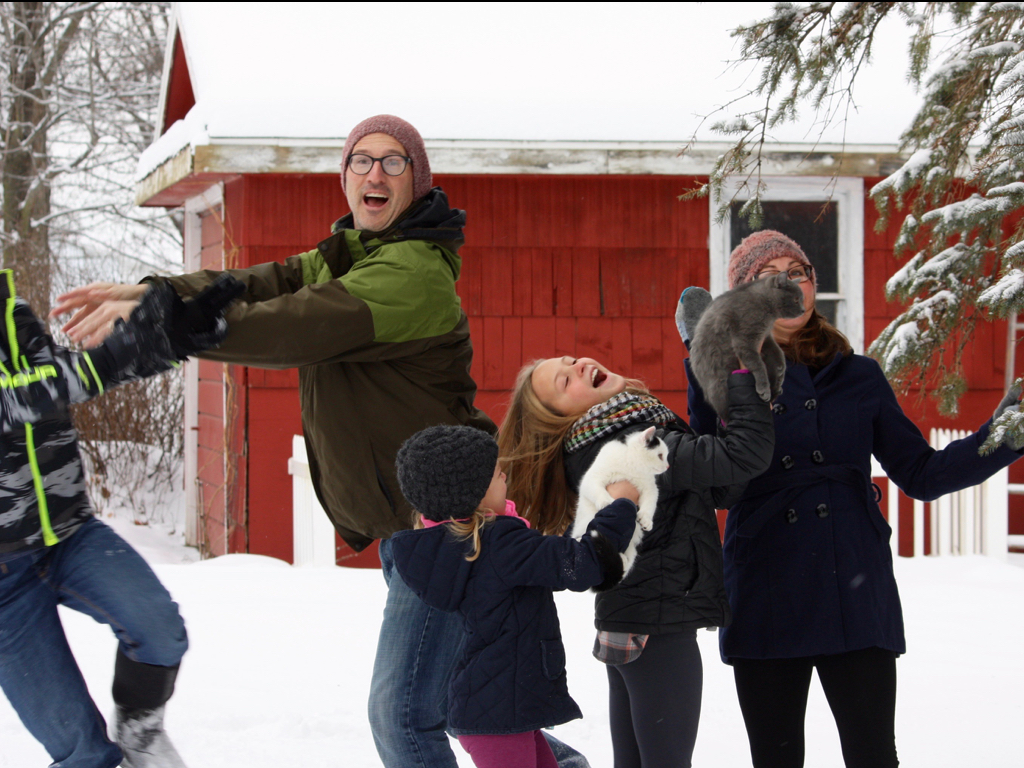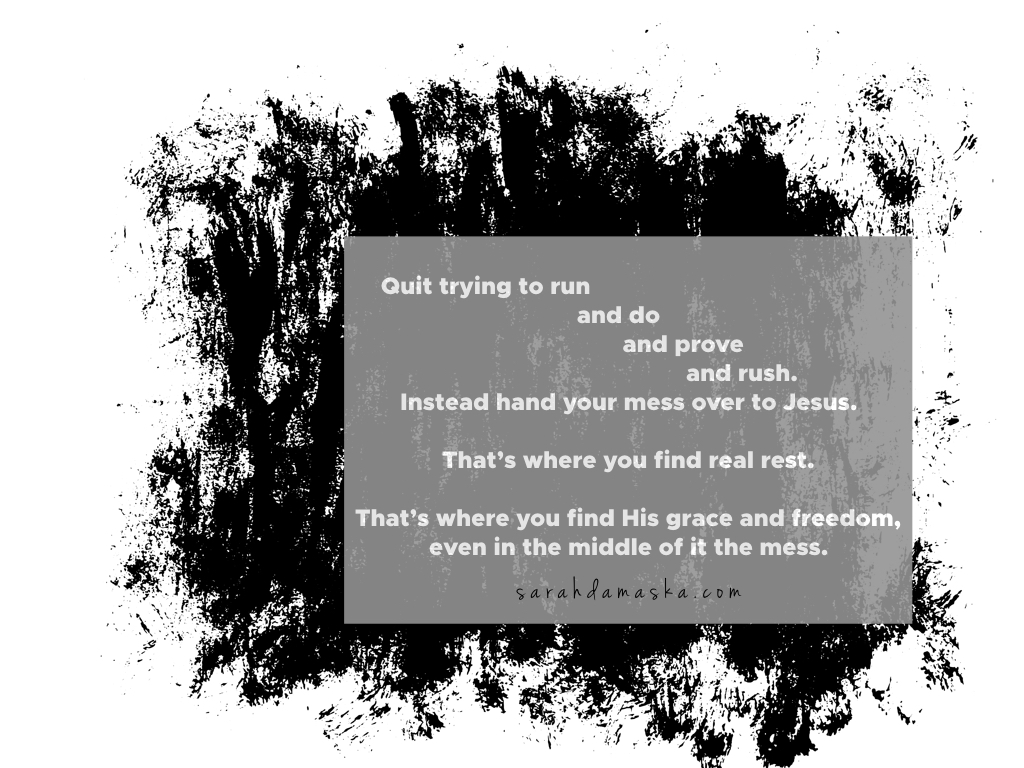
Whenever I get my eyebrows waxed, I always think of my son, Will. He’s thirteen now, but the story you’re about to read took place almost a decade ago. Trust me, he has zero opinions on my eyebrows at this stage in life. Oh, but he used to…
I was getting my hair cut, deep in conversation with my hairdresser/great friend. Peter was in the waiting room with the kids who were sporting fresh haircuts and suckers. We were the only ones there, so after a few minutes, Will decided to take a lap around the inside of the shop. That’s when he spotted the cart of wax in the corner. In a gesture of kindness, knowing I’d soon be getting my eyebrows waxed, he decided to wheel it over closer to us. The only problem was that it was plugged into the wall.
And so, inevitably, the cord reached its end and the bowl of wax went flying, splashing the walls, totally coating everything within a 5 foot radius. Including William. He looked at us with horror and confusion, rooted to his spot. Because naturally, he had waxed himself to the floor.
We rushed to him and stripped him down to his batman underwear, lifting him out of his shoes, making sure he was okay. He was fine…. albeit very, very (very) sticky. So we turned our attention to the mess. There was wax splashed and splattered everywhere. And it was drying quickly. How would we ever clean up the chaos that surrounded us?
In a stroke of genius, Peter found an ice scraper in the car and we began to scrape and rub and mop up the coat of wax that (have I mentioned?) was e v e r y w h e r e .
Somehow we got it mostly cleaned up. I have no idea how. Will went home in his underwear, since we were forced to throw everything else away. I sat at home that night with my tweezers because there hadn’t been enough wax left.
When I retell William that story now, it seems almost unbelievable that my pudgy little toddler has turned into a kid taller than me. He doesn’t remember it and shakes his head at us like he’s sure we’re making the whole thing up.
I’m aware as I write on this blog that most of my material begins with a story. Something I’ve plucked (so sorry… couldn’t resist) out of life that helps me to better understand the intersection between hope and sorrow. I am always on the lookout for a story and if I pay attention, I find them everywhere. Jesus finds us in our broken places and that’s where He hands us hope and joy.
On that day while the wax hardened as it slowly dripped down the walls, nothing about it spoke of hope. But as time has allowed me to look back, I realize that hope doesn’t come flitting toward us in a easy, breathless way. Hope is a daily, diligent fight.
In the middle of the mess, it can be hard not to be swept away. When the allure of giving up tempts you, here are three things to remember:
We need God’s grace the most in the middle our messes. William so desperately wanted to do the right thing, yet his best effort yielded the biggest disaster. Have you ever felt that way? You have the best intentions, you’ve been so careful, yet you’re rewarded with a big mess. You end up frustrated, hopeless, and vulnerable. I’m so quick to be harsh with myself when things turn into a hot, sticky mess, but the truth is, Jesus doesn’t ask me to carry that kind of weight on my shoulders. Instead He says,
“Are you tired? Worn out? Burned out on religion?
Come to me.
Get away with me and you’ll recover your life.
I’ll show you how to take a real rest.
Walk with me and work with me— watch how I do it.
Learn the unforced rhythms of grace.
I won’t lay anything heavy or ill-fitting on you.
Keep company with me and you’ll learn to live freely and lightly.”
(Matthew 11:28, The Message)
Perhaps you feel like you’ve been rooted to the ground, looking at the mess of life as it drips and dries all around you. Perhaps you don’t think you’ll ever recover. When we take our disaster to God, that’s when we find restoration. When we quit trying to run and do and prove and rush, and instead hand our mess over to Jesus, we find real rest. We find His grace and freedom, even in the middle of it all.
We must refuse to let the mess define our entire life. Imagine if William would have let this one incident shape his entire life. What if I, as his parent, had held it over his head, leading him to believe that his life would be one big problem after another, something else we’d constantly have to clean up? Ha! That sounds ridiculous. And yet, we do the same thing all of the time. The voices in our head that tell us we’re worthless or we’ve messed up too much shout louder than the voice of who we truly are. But what if the fight for hope means refusing to look only at what’s immediately surrounding us? What if we strive to see the big picture of our life? Fighting for hope means that our everyday life is full of steps backward and forward, forward and backward… but each step moves us closer to Jesus. We trust God to work the details of our lives into something good, leaning on Paul’s promise in Romans,
“Meanwhile, the moment we get tired in the waiting,
God’s spirit is right alongside helping us along.
If we don’t know how or what to pray, it doesn’t matter.
He does our praying in and for us,
making prayer out of our wordless sighs, our aching groans.
He knows us far better than we know ourselves,
knows our pregnant condition, and keeps us present before God.
That’s why we can be so sure that every detail of our lives of love for
God is worked into something good.”
As we hold the pieces of our broken life, will we dare to let Jesus breathe beauty into them? Do we really trust Him to redeem them? Lift up your eyes and don’t less the mess surrounding you define who you are in Christ.
We fight for hope when we allow others to step in and help us through the mess. Even a decade later, I can remember the look on William’s face, his eyes locked on mine, wondering how he was going to get out of the middle of his waxy predicament. Our reaction was exactly what yours would have been— we ran to him. He needed our help. And yet how often do we stand there, covered in wax, trying to convince everyone around us that we’re fine, fine and we’ll take care of everything, no problem, thanks but no thanks? When we find our lives in shambles, our natural inclination is to retreat and avoid others, sure that we’ll only be bothering them if we let them see what’s really going on. “Because grief is one of the most deeply isolating and lonely emotions, no one can carry it for you and no one can cure you of it and no one can relate to the exact degree that you’re experiencing it,” says Lisa-Jo Baker. “It’s a terrible devouring monster, and without people surrounding you, sitting on the sofa next to you, stopping by to chat about the kids or laugh about a story you’d forgotten, you’ll slowly disappear into a sinkhole of grief.” There are times we need to give up our control, and allow others to walk with us through our mess. We were made to be in relationship with one another, especially in our hard places. Allowing others to see we’re not really fine, that we actually need others to walk alongside us gives us life.
If we are going to be people who live in the intersection of hope and sorrow, we must learn to take a good look at the mess and claim the words of John in Revelation 21:5- “And the one sitting on the throne said, ‘Look, I am making everything new!’” You see, on that day as we mopped up the wax, there was plenty that was unsalvageable. But it’s not the same with Jesus. The brokenness and mess around you can be redeemed and turned into something good.
May you dare to lift your eyes above the mess in your life to see others who are willing to walk this path with you. May you quit letting it define you, instead allowing Christ to redeem your pain and make everything new. And may you have eyes to see the stories of your own life, plucking hope out of the stickiest of situations.

Hello.
I’m Sarah and I write about the intersection of hope & sorrow in our lives. It’s a privilege to have you along for the journey. If you’d like to receive posts to your inbox along with some extra encouragement just for subscribers you can click here to join me.
Like this:
Like Loading...
